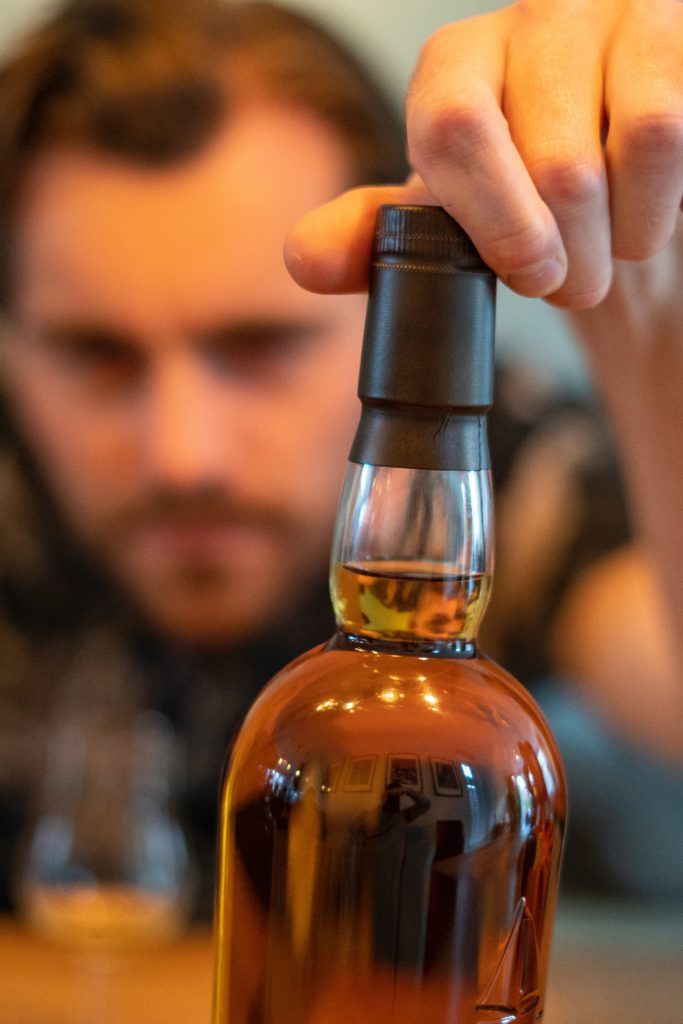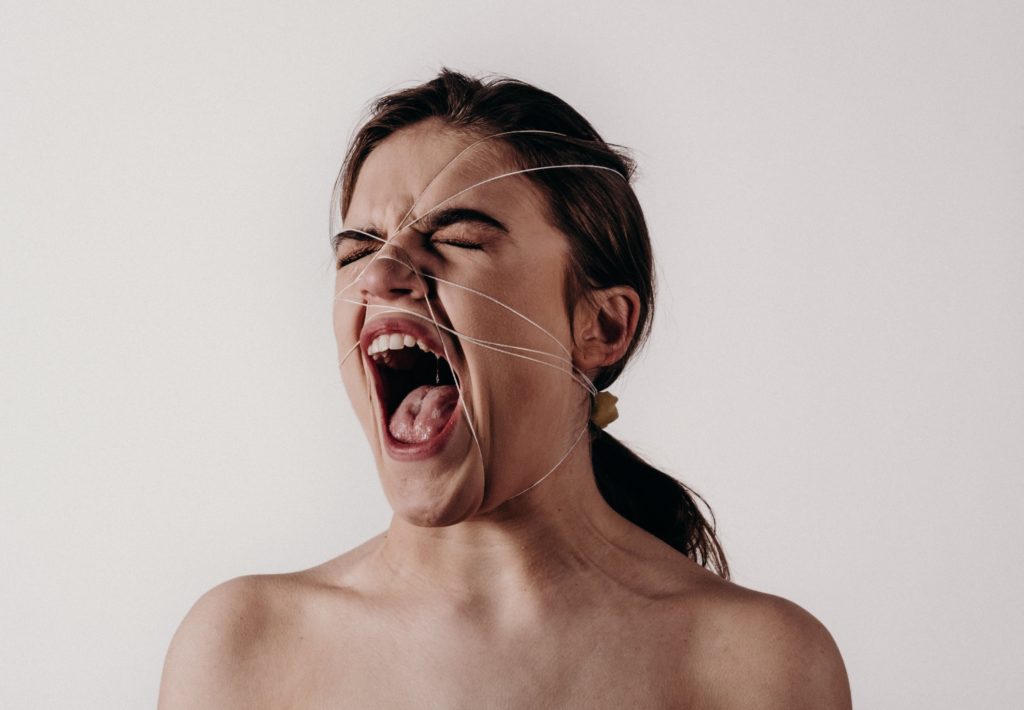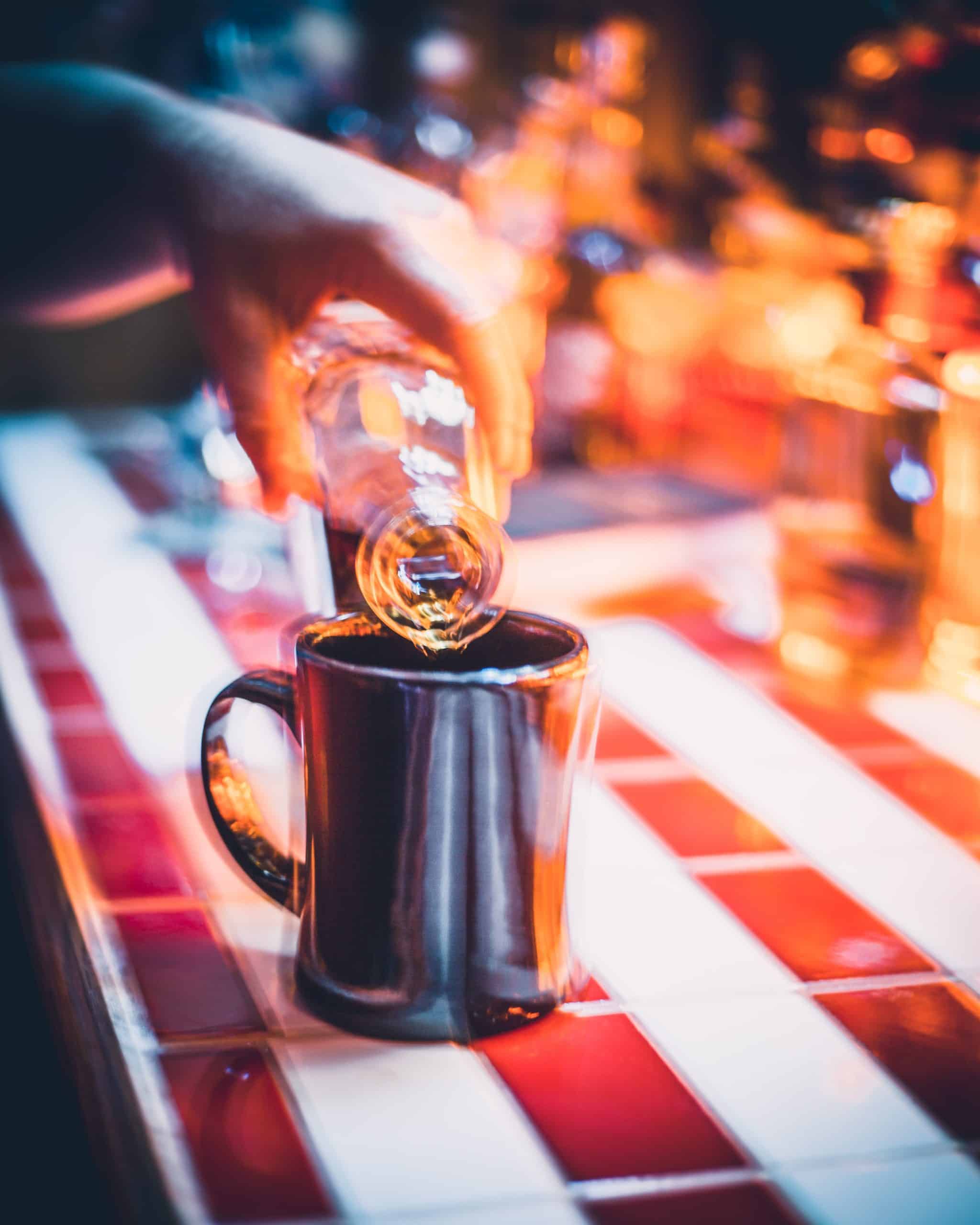Does alcohol help anxiety?
Many adults use alcohol responsibly. For some people, this might mean having the occasional nightcap to unwind after a long day or celebratory drinks at a gathering. In these situations, partaking in alcohol is considered socially acceptable—even customary. However, even limited alcohol use can present problems for some people. In some cases, people who have certain mental health conditions, such as anxiety or panic disorder, might develop an unhealthy relationship with alcohol.
Sometimes, people turn to alcohol or other substances to help them cope with symptoms of mental illness.
A review of studies published in 2012 found that anxiety disorders and alcohol use disorders often occur together. There are several proposed explanations for the link, including genetics, a person’s environment, and the brain mechanisms related to addiction and anxiety symptoms. Given the possible connection, it’s not surprising that additional research has shown that treating one condition requires adequately addressing the others.

Alcohol’s Effects
Alcohol depresses the central nervous system (CNS). When someone first has a drink of alcohol, it often has a sedative effect. It can produce a sense of euphoria and decrease a person’s inhibition. These effects can make it seem like drinking alcohol is providing the person with relief from their anxiety.
However, the long-term effects of alcohol can cause anxiety or make the symptoms of an anxiety disorder worse. Additionally, chronic alcohol use can lead to tolerance or dependence, as well as cause physical damage to the body (including the brain, liver, and heart).
Does alcohol help anxiety? Alcohol Use and Anxiety Disorders
People with anxiety disorders, including panic disorder and agoraphobia, sometimes use alcohol to cope with feelings of fear and anxiety. One theory of why this happens is called the “tension reduction hypothesis.” This theory suggests that alcohol is used as a self-medicating method to reduce stress and anxiety. Other researchers have proposed a genetic link that influences a person’s anxiety level as well as their alcohol consumption. These biological theories suggest that there could be a brain mechanism that is responsible for both anxiety symptoms and drinking behaviors.
In some cases, a person who drinks alcohol to relieve feelings of anxiety might end up drinking more because they expect alcohol to provide a certain amount of relief from their anxiety symptoms. Another proposed theory refers to an expectancy component in people with anxiety who use alcohol. In this situation, a person expects to get relief from their anxiety symptoms when they consume alcohol because of its effect on the central nervous system (CNS).
A person’s drinking behavior becomes associated with their level of anxiety and how much relief they expect alcohol will provide. In this scenario, the more anxiety a person experiences, the more they tend to drink in an attempt to alleviate their anxiety.6
Alcohol Use Disorders and Anxiety Disorders
Does alcohol help anxiety? A person with an anxiety disorder is three times more likely to develop an alcohol use disorder at some point in their life compared to someone who has never been diagnosed with anxiety. Studies have shown that alcohol use disorders are more prevalent in people who have specific mental health conditions, including agoraphobia, generalized anxiety disorder, social anxiety disorder, and panic disorder.
Social Anxiety Disorder and Agoraphobia
The onset of symptoms related to social anxiety disorder and agoraphobia can be a trigger for some people to develop an unhealthy relationship with alcohol. For example, a person with social anxiety might be afraid of going to a party where there will be many people they do not know. Even simply thinking about attending the gathering might cause them a great deal of anticipatory anxiety.
When these symptoms become overwhelming, the person might have an alcoholic drink to try to calm down. They might also consume alcohol at the gathering to feel more relaxed or less inhibited around others.
While alcohol might feel like a solution in the short term, this drinking behavior comes with many problems. When people use alcohol to relieve symptoms of a mental health condition, it can quickly become a “crutch.” If they continue to use alcohol to help them feel more relaxed or at ease, they might eventually feel the need to avoid any social situations where they would be unable to drink.
Long-term alcohol use also often leads to tolerance, which is when a person needs to drink more to get the effect they want. For example, a person might have started out feeling more relaxed after having just one glass of wine. As time goes on, however, they might find they need two, three, or more glasses of alcohol to get the same feeling.
Generalized Anxiety Disorder and Panic Disorder
Studies have shown a different trend of alcohol use in people who are diagnosed with a generalized anxiety disorder or panic disorder. For many people with these mental health conditions, unhealthy drinking behaviors begin around the same time as symptoms of the disorder.
Researchers are not sure what the connection means. The initial symptoms of anxiety and panic may be related to alcohol withdrawal. It could also be that alcohol use provides a mechanism for these disorders to develop. People with generalized anxiety or panic disorder are more likely to develop unhealthy drinking behaviors around the same time that they start having symptoms of their anxiety-related mental health condition.

Side Effects of Alcohol Misuse
Does alcohol help anxiety? Even if someone starts drinking alcohol as a way to cope with anxiety, it can quickly have the opposite effect. For one, drinking alcohol more frequently or having larger amounts can cause hangovers. The symptoms of a hangover, such as nausea and vomiting, dizziness, dehydration, and low blood sugar, can make it hard to function. If someone is sick because of a hangover, they might not be able to attend to their responsibilities at home, school, or work—which can, in turn, fuel their anxiety.
Heavy or regular alcohol misuse also often leads to withdrawal. The symptoms of alcohol withdrawal and anxiety disorders can be similar. Alcohol withdrawal symptoms can include:
- Agitation
- Anxiety
- Elevated blood pressure and heart rate
- Increased body temperature
- Nausea
- Panic attacks
- Vomiting
If a person experiences alcohol withdrawal symptoms, it can create a cycle of heightened anxiety and increased alcohol misuse.
How Much Alcohol Is Too Much?
The Centers for Disease Control and Prevention (CDC) offers specific definitions for “heavy drinking.” The CDC considers one standard drink to be the equivalent of:
- One 12-ounce bottle of beer (5% alcohol)
- OR one 5-ounce glass of wine (12% alcohol)
- OR one 8-ounce bottle of malt liquor (7% alcohol)
- OR 1.5 ounces of 80-proof distilled spirits or liquor (40% alcohol)
CDC Alcohol Limits
The amounts listed by the CDC that are considered “heavy drinking” are different for men and women:
- For women, heavy drinking is considered 8 or more drinks per week.
- For men, heavy drinking is considered 15 or more drinks per week.
Some researchers have theorized that people with certain mental health conditions (including panic disorder) might have a lower threshold for alcohol tolerance. In this case, a person with an anxiety disorder might be at risk for an alcohol use disorder even if they consumed alcohol within the CDC’s limits.
Signs of Alcohol Misuse
Does alcohol help anxiety? Whether you have a mental health condition like anxiety or not, certain behaviors can signal that your relationship with alcohol could be cause for concern. You might recognize these behaviors in yourself or someone in your life may have made you aware of them. Signs of alcoholism can include:
- You drink alcohol frequently or excessively. According to the ADAA, this would be drinking alcohol four or more times per week.10 It can also mean that you have five or more drinks in one day.
- You feel that you need to consume alcohol and are unable to stop. You might feel that you need to have a drink to function in your day to day life. This might take the form of feeling that you need a drink before you can wake up and start your day.
- You might feel the need to have more drinks throughout the day to keep yourself going.
- You might feel that you need to continue to drink to prevent symptoms of withdrawal.
- You feel guilt, shame, remorse, or other intense emotions about your drinking. Having these feelings about your relationship to alcohol without having the support you need to confront them can make it more difficult to cope.11 You might find that the intense shame you experience actually drives you to drink more as you try to escape your uncomfortable feelings.

Another sign to consider is external rather than internal: when the people in your life express concern about your relationship to alcohol. Your partner, parents, children, friends, employer, coworkers, doctor, or therapist might confront you about your drinking habits or your behavior when you drink.
When they talk to you about your drinking behavior, your loved ones might:
- Ask you to stop drinking or to drink less
- Ask (or tell) you to get help or support
- Express worry and concern, anger, frustration, sadness, grief, fear, or a combination of many emotions
- Give you clear consequences (such as losing your job or being kept from seeing your kids) should you refuse to stop drinking or seek treatment
Does alcohol help anxiety? Treatment for Alcohol Use and Anxiety Disorders
Does alcohol help anxiety? If you are using alcohol as a self-medicating measure, you might feel that it “works” to help you cope with your symptoms. While you might feel that it works in the short term, it’s more likely to cause you problems in the long run. If you have an anxiety disorder, alcohol misuse and withdrawal can make your symptoms worse. If you have anxiety and are using alcohol to cope, you must seek support from your doctor or mental health professional. It’s never too late (or too soon) to reach out for help if you are trying to cope with a mental health condition or substance use disorder.
There are many effective treatments for anxiety and alcohol use disorders, including ongoing individual therapy, group therapy, prescribed medications, or a combination of these methods.
Reclaim Your Life From Alcoholism and Anxiety
People with anxiety disorders, including panic disorder and agoraphobia, sometimes use alcohol to cope with feelings of fear and anxiety, but this can lead to alcoholism. Alcoholism is a serious disease that should not be taken lightly. We Level Up California can provide you, or someone you love, the tools to recover from alcoholism with professional and safe treatment. Feel free to call us to speak with one of our counselors. We can inform you about your condition and provide answers and relevant information to all your questions. Our specialists know what you are going through. Please know that each call is private and confidential.
Sources
[1] Smith JP, Randall CL. Anxiety and alcohol use disorders: Comorbidity and treatment considerations. Alcohol Res. 2012;34(4):414-431.
[2] Smith JP, Randall CL. Anxiety and alcohol use disorders: Comorbidity and treatment considerations. Alcohol Res. 2012;34(4):414-431.
[3] Centers for Disease Control and Prevention. Alcohol and Public Health.
[4] Canan F, Ataoglu A. Panic disorder after the end of chronic alcohol abuse: a report of 2 cases. Prim Care Companion J Clin Psychiatry. 2008;10(4):332-333. doi:10.4088/pcc.v10n0411d

